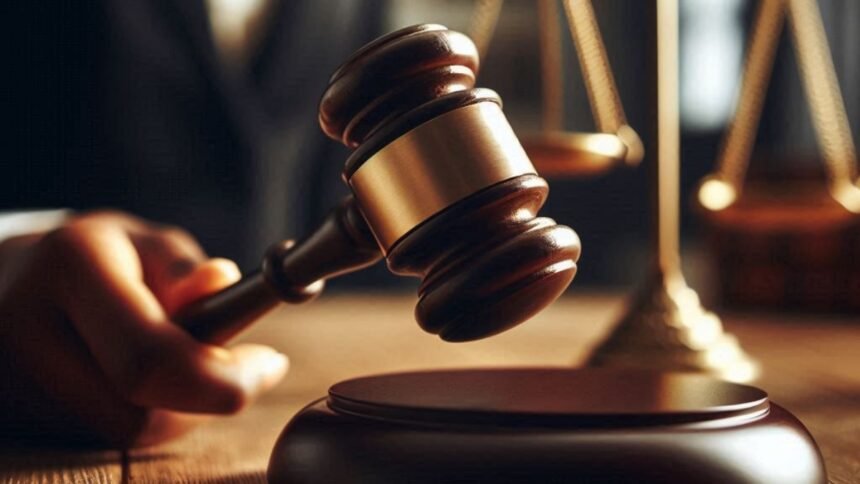The Journey Through the Justice System
Navigating the justice system is a journey that begins much before one sets foot in the courtroom. It is a sequential process that starts with an arrest or a lawsuit and can wind through the legal system to a trial and an eventual verdict. This passage often involves arraignments, discoveries, evidence submissions, motions, and sometimes intense negotiations. Whether it’s due to personal circumstances that compel one to seek the assistance of an injury lawyer or simply the need to stay informed, an understanding of the legal process is crucial.
Your Rights During Legal Proceedings
Beyond merely grasping the steps in the legal system, it’s essential to acknowledge and understand your rights during legal proceedings. These rights safeguard not just the accused but also the justice system’s integrity. For instance, the right to be informed of the nature and cause of the accusation, the right to a presumption of innocence, and the right not to incriminate oneself are cornerstones of a fair legal process. In addition, defendants can exercise the right to prompt legal representation, which drastically adjusts the scales of justice in one’s favor.
Steps to Take When Facing Legal Issues
Dealing with legal issues can be static and hectic all at once. When one finds themselves engulfed in legal troubles, the initial step is to remain calm and collect all relevant information about the incident or claim. Gathering documents, contact information for potential witnesses, and even personal recollections can significantly impact the direction of a case. More importantly, consulting with a legal professional who can offer an overview of possible outcomes, interpret the labyrinth of applicable laws, and strategize the way forward becomes paramount. An early consultation can help set the tone for either settlement negotiations or trial preparation.
The Role of Defense Attorneys
In the adversarial justice system, the defense attorney serves as the vanguard for the defendant. They navigate the intertwining paths of the legal forest, advocating for their client’s rights, strategizing defenses, and aiming to achieve the most favorable outcome. Whether it’s a plea bargain in the case of overwhelming evidence or an acquittal through a thorough dissection of the prosecution’s case, the role of a defense attorney is multifaceted and dynamic. Beyond just providing representation, they offer moral support and guidance through an often stressful and confusing process.
Understanding the Courtroom Settings
For the uninitiated, a courtroom can appear as an enigma with its own rituals and nomenclature. Each participant—the judge, the prosecuting attorney, the defense attorney, the jury, and the court staff—has a specialized function to administer justice. The judge presides over the trial; the prosecutor argues the case against the accused; the defense attorney defends the accused; the jury weighs the evidence (should the case be a jury trial); and court staff ensures the smooth functioning of the proceedings. Comprehending who does what and why offers an essential insight into the workings of this fundamental institution.
Navigating Legal Documents and Terms
The vocabulary of legalese is filled with terminologies that may sound foreign to ears unacquainted with the law. Even the most rudimentary legal documents contain many terms with specific meanings and implications, which could influence the course of a legal matter. Plaintiffs, defendants, affidavits, subpoenas, and discovery documents are integral to the legal process. Like a map, these documents contain the details of legal routes and destinations, ultimately guiding the proceedings to an appropriate resolution. And yet, they are written in a language that may seem cryptic to many.
Impact of Technology on Legal Procedures
The legal world has not been impervious to the tide of technology. The influence of technological advances on the justice system has been transformational. From the digitization of court records to the use of video conferencing for hearings, technology has improved the accessibility and efficiency of legal processes. Social media and electronic communications now serve as significant evidentiary materials. In light of the global pandemic, technology has facilitated the continuation of justice through virtual trials and remote adjudications.

